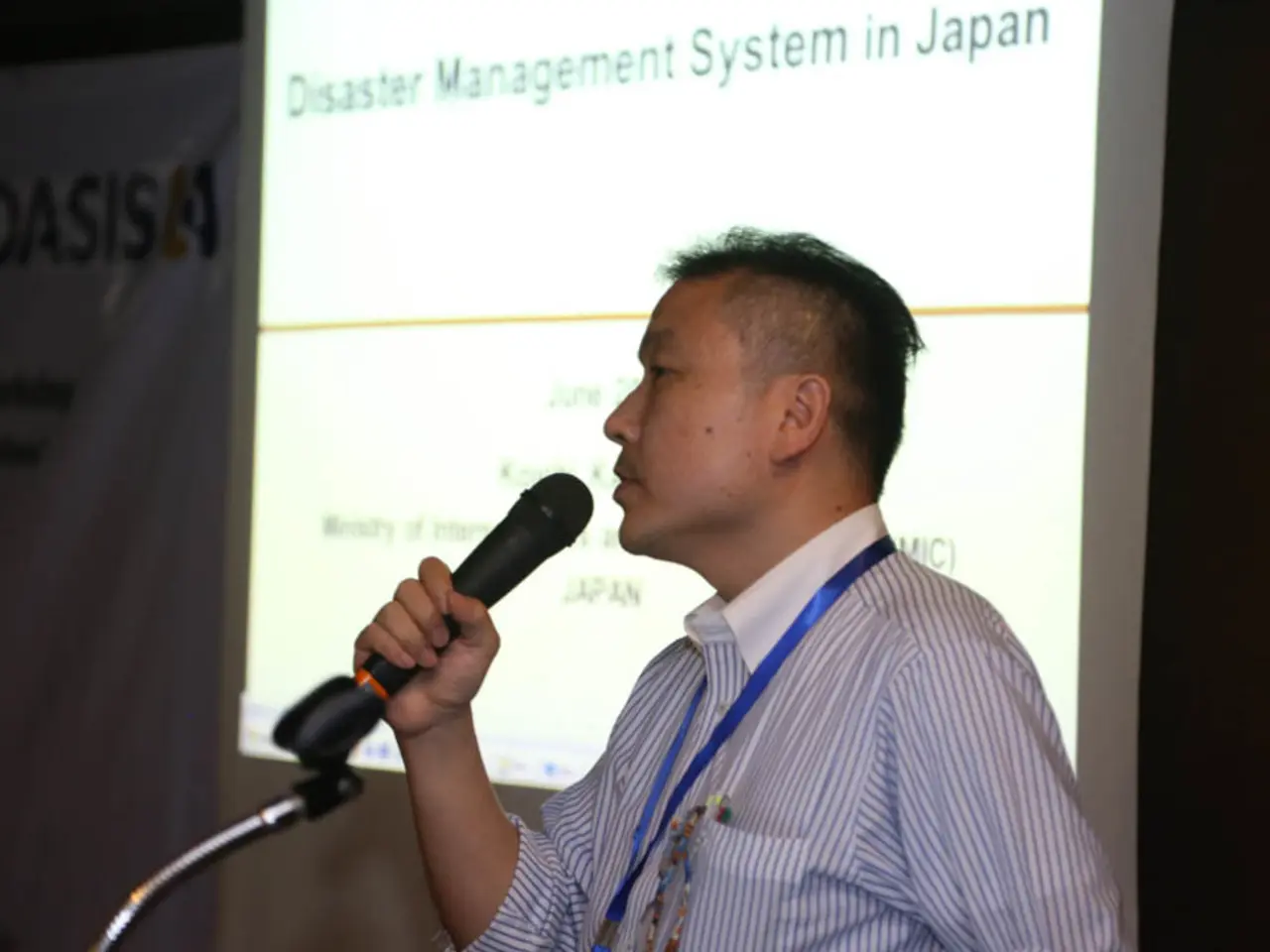Strengthening Unity: Japan's Stewardship Reform Intends to Boost Participation
In a significant move, the Japanese Financial Services Agency (FSA) has revised its Stewardship Code, aiming to strengthen the effectiveness and quality of stewardship activities by institutional investors in the Japanese public equity market. The reform, announced in June 2025, encourages more constructive and collaborative engagement between institutional investors and companies, particularly on climate-related and other ESG issues.
The revised Stewardship Code sets clearer principles for responsible investment, pushing institutional holders to engage actively and collaboratively with companies on sustainable value creation, including climate risks and opportunities. One of the key impacts is the enhancement of stewardship expectations, which emphasizes the need for institutional investors to collaborate on climate-related matters as part of their fiduciary duties and sustainability mandates.
To facilitate better stewardship practices, the FSA intends to augment "constructive dialogue" by publishing consolidated "practices on stewardship activities." This move encourages knowledge sharing among asset managers, asset owners, and proxy advisers, enabling more coordinated engagement on climate-related concerns. The establishment of discussion forums for companies and investors to share good engagement practices, including climate issues, further encourages the aggregation of stewardship efforts and improves collective action.
The reforms are part of a broader government plan to promote sustainable corporate growth and medium-to-long-term corporate value. This strengthens incentives for institutional investors to collaborate on climate-related matters underpinning such value. Domestic institutional holders, such as pension funds and insurance companies, are expected to take a bigger role in pushing for climate-related engagements collaboratively with foreign investors, deepening stewardship efforts around ESG themes.
Shirori Takuya, the head of IRSR consulting at Sumitomo Mitsui Trust Bank, stated that the revision encourages more proactive investor behavior. Valerie Kwan, director of stewardship & corporate engagement at the Asia Investor Group on Climate Change (AIGCC), welcomes the emphasis on incorporating financial materiality aspects into investors' investment strategies.
The 2025 proxy season is approaching, and the proposed changes could have a lasting impact on the Japanese proxy season, given the wider context of rising institutional investor participation in Japanese equity markets. Key events such as JERA, Tokyo Electric Power Company, J-Power, and Nippon Steel's annual shareholder gatherings are scheduled for next month and beyond, providing an opportunity for institutional holders to put the revised Stewardship Code into practice.
In conclusion, Japan's revised Stewardship Code fosters higher-quality, more collaborative climate-related shareholder engagement by institutional holders of Japanese public equity through enhanced stewardship expectations, structured dialogue improvements, and forums for sharing best practices focused on medium-and long-term sustainable value creation. This marks a step forward from more individualistic approaches toward collective efforts to influence corporate behavior on climate and sustainability.
- The reformed Stewardship Code in Japan is focused on improving the quality of stewardship activities by institutional investors in the business sector, specifically with regards to personal-finance and investment in the Japanese public equity market.
- The revised Code encourages collaboration between institutional investors and companies, particularly on climate-related and other ESG issues, which form a crucial part of their financial strategies.
- The FSA aims to promote steering discussions and enhance "constructive dialogue" through the publication of consolidated practices on stewardship activities and the establishment of forums for knowledge sharing.
- In an effort to promote sustainable corporate growth, the government expects domestic institutional holders, like pension funds and insurance companies, to collaborate more closely with foreign investors on climate-related matters, impacting general-news and business news.
- As the 2025 proxy season approaches, key events like annual shareholder gatherings offer a chance for institutional investors to apply the revised Stewardship Code, influencing the financial and lifestyle aspects of the corporations involved.
- The revised Stewardship Code shifts the focus from individualistic approaches to collective efforts in casino-and-gambling, technology, education-and-self-development, entertainment, and weather sectors, encouraging institutional holders to work together to influence corporate behavior on climate and sustainability matters.




